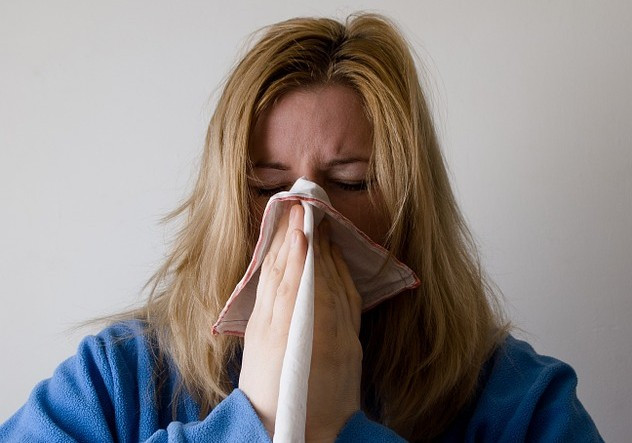Clogged nose, watery eyes, and a sore throat are the common signs of a cold. Getting sick with a cold is no laughing matter. It can be debilitating and can ruin your day at work or home. Normally, over-the-counter medication helps battle the infection, but there are also other measures that can help make the colds go away fast.
Aside from the golden rule of washing hands with soap and water to avoid germs and diseases, exercise can also help but in certain situations. Those with mild cases, such as a runny or clogged nose, may benefit from it. Exercise helps if you are well-hydrated since it can break up congestion, according to Leah Mooshil Durst, MD, an internist at NorthShore University HealthSystem in Chicago, Illinois. If you are dehydrated, then it could worsen congestion.
Exercising with a cold generally does not post complications if there is no underlying health condition such as asthma or heart disease. It is important to remember though that exercise does not prolong the colds nor does it make you get better faster.
Sleep is essentially important for overall good health, but more so, when plagued with the colds. It is advisable to get the recommended eight hours of sleep to reinvigorate the body and allow it to heal. A 2013 study revealed that those who sleep for less than six hours on an average are prone to have colds than those who sleep more than seven hours.
Likewise, if you can, avoid children since they experience colds several times a year because their immune systems are still developing. Professor Mieke van Driel, head of primary care and general practice at the University of Queensland, says that children easily pass the cold on to another and that parents are at a higher risk to be infected.
It is also best to keep an active lifestyle and maintain a healthy diet to prevent respiratory infections and to keep your immune system strong. Likewise, reducing alcohol intake and cutting out on smoking helps you steer clear of the infection.
Generally, your immune system is at its low point when you have colds, but this does not mean that it will not fight off the virus that is causing the disease. Prof. Driel says that you will eventually recover even if you let the disease ran its course. She points out that the cold virus is a benign and self-limiting disease, which the body's immune system is capable of fighting off by its own even without medication.






